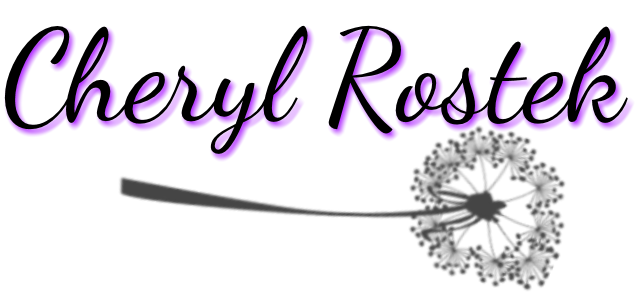My Brain Cancer Story in a Nutshell
Prior to the day of my tumor diagnosis I had very few symptoms: a couple days of dizziness, twice I had flashing in my peripheral vision that I chalked up to a migraine (though I had never had one before) due to the fatigue of mothering twin babies, and the day before my diagnosis I was struggling with focusing on simple tasks such as making lunch for my kids. That’s about it.
October 5, 2016: tumor diagnosis day. I was at the playground with my twin babies when I called my husband to take me to the emergency room; I couldn’t figure out how to get my twins out of the baby swings and though I could feel with my right arm, it seemed to my brain that it wasn’t part of my body. I was concerned with these stroke-like symptoms. At the ER I received a CT which revealed a brain tumor in my temporal/parietal lobe. The next day we consulted with the neurosurgeon where we were given the impression the tumor was benign.
October 19, 2016: surgery day. Gross tumor resection removed all visible tumor.
November 2016: My life changed forever, I was diagnosed with Stage 4 Glioblastoma, an aggressive brain cancer. Mother to a 4 year old daughter, I had also just celebrated my twins’ 1 year birthdays. I was given a prognosis of 12-18 months survival. Even though my surgery was so successful, I was informed that you can never remove all of the cancer since glioblastoma is so invasive.
For the next 6 weeks I underwent radiation treatment 5 days a week along with concurrent oral Temozolamide chemotherapy. Subsequently, I had 6 more rounds of 1 week on daily oral Temozolamide chemotherapy followed by 3 weeks off. (Standard of Care) Since then I have received no treatments and had no recurrences.
Navigating the post-treatment wilderness was challenging. I processed my trauma: the chaos of going through treatment while having a very young family (I was still nursing my twin babies when I was diagnosed!), facing a dismal prognosis, looking death in the eyes and confronting existential questions was overwhelming. To fully live my remaining days I wrestled anxiety, underwent an identity crisis, and became an expert of my thoughts, feelings, and personality. My husband affectionately calls me “The new and improved Cheryl.” I am grateful for the anchor of my faith and my supportive family and friends who empower me to thrive in the crazy and impossible moments of my life.
I have journeyed from the hopelessness of my diagnosis and prognosis towards a living HOPE. Remembering the voices of HOPE along my way I am compelled to spread the HOPE that I have encountered. I graciously invite you to journey with me by subscribing to my emails, following me on Instagram or Facebook, and someday (hopefully sooner than later!) by reading my book. I greatly appreciate your company along this journey.
xo,
Cheryl
FAQs:
What sort of a diet do you follow?
After speaking with an oncology dietician, I’ve adopted what I call a “vegan-inspired diet”: slowly our family’s diet is becoming increasingly vegan-like. I try to eat an abundance of vegetables, fruit, whole grains, pulses, nuts and seeds. I minimize/avoid simple sugars, processed foods, and junk food. However, I also give myself much grace in my diet, as I’m feeding 3 young children and aiming to enjoy life!
What supplements do you take?
Essentially none. As a pharmacist I saw that the best way to receive nutrients was through food itself, so as much as possible that’s what I try to do! I drink turmeric, cinnamon, and pepper in hot water as a tea in winter and am trying to spice up my cooking, as much as my family allows!
Do you use any complementary treatments?
I believe in a holistic approach to health and when I take care of my mental and spiritual health, I am also taking care of my physical health (and vice-versa). Counselling (through my cancer centre) was important for me to learn relaxation techniques and to learn about areas of my personality that needed some TLC. I meditate regularly and believe a strong sense of community, whether faith based or otherwise, is extremely vital (I have to remind myself of this often since I highly value my independence!). I also fast from food for 3 days every couple months or so and refrain from eating most evenings (check with your doctor first, my oncologist recommended intermittent fasting- I chose 3 days because it’s difficult, but do-able. I first had the idea for 3 day fasts based on the biblical story of Esther fasting for 3 days before making a life and death request to the king.)
Never lose hope! I firmly believe we have the power to positively impact our quality of life and longevity! In the words of Christopher Reeve:
“once you choose hope anything is possible.”
Disclaimer: This website is for information only. Cheryl Rostek is not a doctor, social worker, or mental health professional. Please consult your medical or mental health professional for these services.

